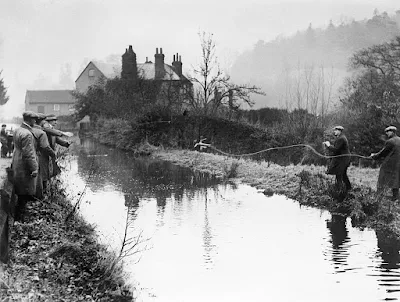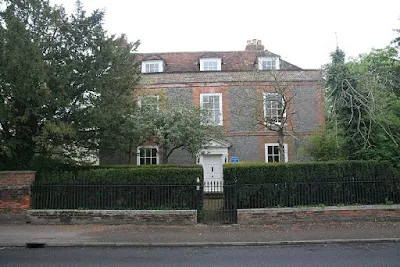1890 – 1916
The Early Years
Agatha Mary Clarissa Miller was born on 15 September 1890 in Torquay, Devon, South West England into a comfortably well off middle class family. What made her upbringing unusual, even for its time, was that she was home schooled largely by her father, an American. Her mother, Clara, who was an excellent storyteller, did not want her to learn to read until she was eight but Agatha, bored and as the only child at home (she was a much loved “afterthought” with two older siblings) taught herself to read by the age of five.
Daily Herald, 15 December 1926, announcing Christie had been found
1925 – 1928
A Difficult Start
Once returned from the Grand Tour, the family were reunited and settled in a house they named Styles in the suburbs outside London. It was a difficult time for Agatha – her mother had died and she was often alone clearing out the family home in Torquay and struggling to write the next novel for Collins. Archie and Agatha’s relationship, strained by the sadness in her life, broke down when Archie fell in love with a fellow golfer and friend of the family, Nancy Neale. Archie was a keen golfer; Agatha not.
1929 – 1938
A New Start
One of Agatha’s lifelong ambitions had been to travel on the Orient Express and her first journey took place in the autumn of 1928. Persuaded by a chance dinner party conversation, Agatha set off for Baghdad and from there travelled to the archaeological site at Ur where she became friends with the Woolleys who ran the dig. Invited back the following year she met the twenty-five year old archaeologist-in-training Max Mallowan who was to become her second husband. A
The Daily News' coverage on the 7th day of Christie's disappearance. What she would've looked like had she disguised herself.
Cresswell Place
From left to right – Archie Christie, Major Belcher, Mr Bates (secretary) and Agatha Christie.
The search for Christie involved countless man-hours. Lakes were dredged, and planes swept thousands of square miles to try and turn up any sign of her. So it seemed rather anticlimactic when it was finally discovered that she had, essentially, been enjoying a brief holiday. She checked into the hotel on December 4th, the day after she disappeared, and had been enjoying its comforts as the world feared for her life.
Agatha Christie and her second husband, Max Mallowan
Memorial to Christie in central London
1916 – 1924
Poirot is Born
It was during the First World War that Agatha turned to writing detective stories. Her debut novel The Mysterious Affair at Styles took some time to finish and even longer to find a publisher. She started writing partly in response to a bet from her sister Madge that she couldn’t write a good detective story and partly to relieve the monotony of the dispensing work which she was now doing. (When the Hospital opened a dispensary, she accepted an offer to work there and completed the examination of the Society of Apothecaries.)
The Later Years
By 1945 and the return of Max with the end of the war, Agatha had realised the tax implications of writing so much. She became less prolific and now in her mid 50s enjoyed a slower pace of life; like the rest of the country the last years of the 40s were full of shortages – a long, chilly, depressing haul. Food rationing did not end until 1954.
1939 – 1945
The War Years
World War II saw Max get a wartime job in Cairo - using his languages to assist the war effort while Agatha remained in England, writing and also volunteering at the Dispensary at University College Hospital in London.
Winterbrook House





















No comments:
Post a Comment